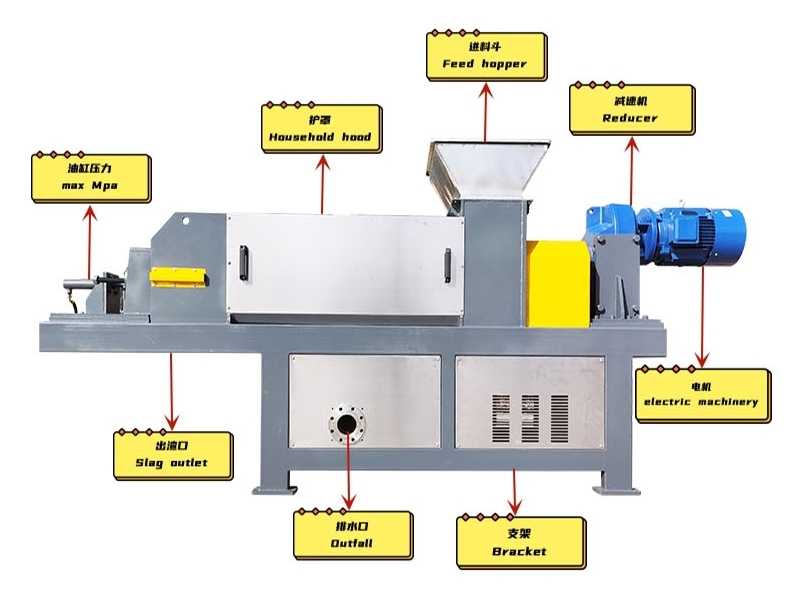
Introduction:
Hemp, a versatile and sustainable crop, has gained widespread recognition for its diverse applications in various industries, ranging from textiles and construction to health and wellness. The increasing demand for hemp-derived products has led to significant advancements in hemp processing machinery, enabling more efficient and cost-effective industrial production. This article explores the latest developments in hemp processing machinery, highlighting key technologies and their impact on the hemp industry.
Harvesting and Decortication:
One of the critical stages in hemp processing is harvesting and decortication, where the plant's fibers are separated from the stalks. Modern hemp processing machinery incorporates innovative harvesting techniques, such as automated combines equipped with adjustable settings to optimize harvesting efficiency. Decorticators have also seen improvements, with high-speed, precision machinery that minimizes fiber damage and enhances overall processing speed.
Fiber Extraction:
Efficient fiber extraction is essential for obtaining high-quality hemp fibers for various applications. Advanced machinery utilizes mechanical processes and innovative technologies, such as air classification and automated sorting systems, to separate long fibers from shorter ones. These advancements contribute to increased fiber yield and quality, catering to the growing demand for hemp-based textiles and composites.
Seed Processing:
Hemp seeds are a valuable byproduct with numerous nutritional benefits. Modern hemp processing machinery for seed extraction employs advanced cleaning and sorting technologies to ensure the production of high-quality hemp seeds. Additionally, oil extraction methods, including cold pressing and solvent extraction, have been refined to maximize oil yield while preserving the nutritional integrity of the final product.
CBD Extraction:
With the rising popularity of cannabidiol (CBD) products, hemp processing machinery has evolved to meet the demands of the CBD extraction process. Supercritical CO2 extraction and ethanol extraction systems are commonly used, offering high efficiency and superior cannabinoid retention. Precise temperature and pressure control in these systems contribute to the production of pharmaceutical-grade CBD extracts.
Quality Control and Automation:
To meet stringent quality standards, hemp processing machinery now incorporates advanced automation and quality control features. Automated sorting, grading, and inspection systems ensure consistency in product quality, while sensors and monitoring devices help detect impurities or deviations in real-time. These technologies enhance overall production efficiency and compliance with regulatory requirements.
Environmental Considerations:
Sustainable and eco-friendly hemp processing is a growing priority in the industry. Machinery manufacturers are increasingly focused on developing systems that minimize waste, energy consumption, and environmental impact. Closed-loop systems for solvent recovery, water recycling, and waste reduction contribute to a more sustainable hemp processing industry.
Conclusion:
The evolution of hemp processing machinery reflects the dynamic nature of the hemp industry and its increasing importance in various sectors. As technology continues to advance, the integration of smart, efficient, and environmentally friendly machinery is poised to further revolutionize hemp processing, unlocking new possibilities for the widespread adoption of this remarkable crop in the global market.




If your company wants to establish a business relationship with us, please briefly describe the cooperation intention and send an email to:chuantaiscrewpress@gmail.com























































































![[list:title]](/static/upload/image/20240528/1716877114510915.jpg)